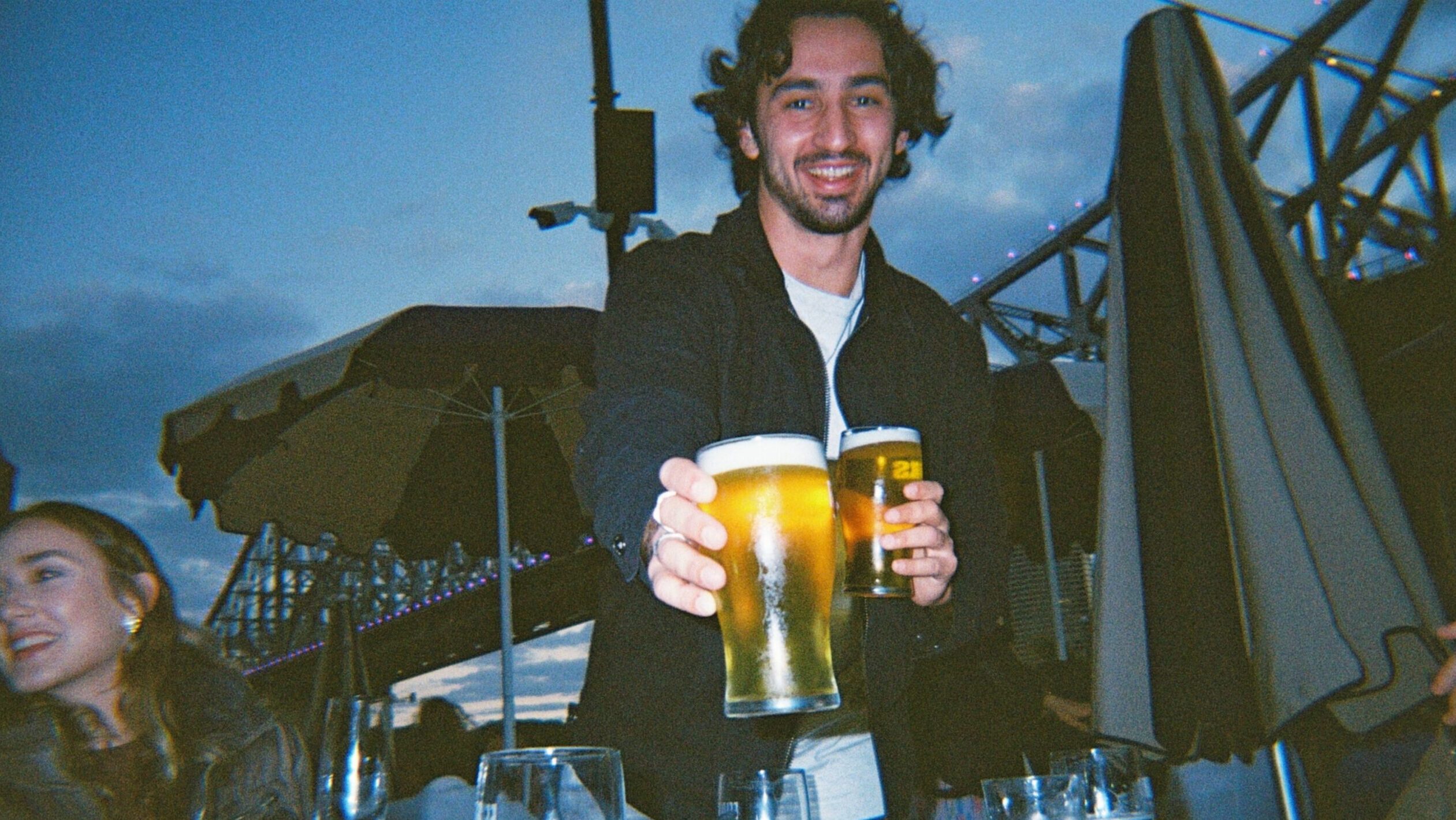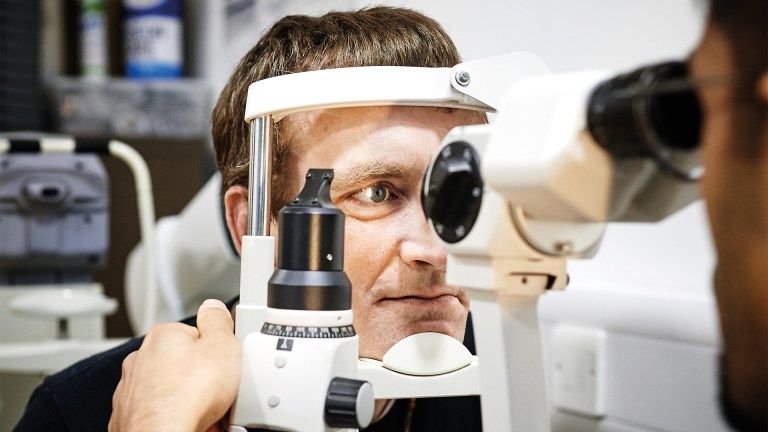“There’s less room for failure, less room for experimentation, and I think social media is part of that because there’s a perceived pressure to perform within social media as well.”
The reduction in drinking began at around the same time social media use increased. Despite this, there is no simple link between increased use in social media and decrease in drinking; in fact, according to one study it is the young people who use social media that are more likely to drink.
Dr Fenton said: “If you think about the timeline of the decline, it must be a factor, right? Because social media became increasingly a thing right at the time the decline started. So there’s almost certainly a relationship, it’s just a complex one.”
Decreased drinking can be seen across all groups, regardless of gender or socio-economic background, which suggests abstaining from drinking is a generational change rather than a change within a single group.
What this also shows is that the skyrocketing cost of buying alcohol is not the main cause of the decrease – if it was, you would expect to see this affecting adolescents in higher income families less.
While all young people are drinking less than their predecessors, the largest shift has been among boys. They still drink more than girls, but the decline in drinking for them has been larger.
Advertising helps fund Big Issue’s mission to end poverty
Adolescents are also spending more time in their homes and have closer relationships with their parents than older generations. They are also more able to keep in touch outside of the home, with messaging services like WhatsApp meaning they can be in constant contact with their parents. Getting drunk in a park with your friends becomes harder when your parents are checking in with you throughout the day.
Concern about the effect alcohol can have on mental health has also contributed to this decrease. Mental health issues have been on the rise over the same period that drinking has decreased, and many young people do not want to exacerbate their conditions by adding drinking to the mix.
Millie Gooch, founder of Sober Girl Society, a company which organises alcohol-free events for young women, said: “I think a lot of people come to us because they are struggling with their mental health.”
Millie gave up drinking aged 26. She had been struggling with anxiety and depression for a long time, but found that these issues were greatly reduced after quitting. She said: “I just felt so much better about myself. I wasn’t going out every weekend and ruining my life, and just felt so great just from not drinking. I had no idea how much it would improve my mental health.”
For many people younger than Millie, drinking has never been a part of their lives, and while the sober movement is growing and alcohol-free options for everything from nights out to dating are increasing in popularity, according to Dr Fenton many young people don’t consider themselves to be part of this movement.
Dr Fenton said: “The young people we’ve spoken to who don’t drink don’t see it as part of their identity the way that people who did drink and then stop drinking sometimes do. They don’t see themselves as part of a sobriety movement, they just don’t like alcohol and they don’t think that defines them.”
Advertising helps fund Big Issue’s mission to end poverty
The reduction in drinking among young people doesn’t have one simple cause, but rather follows the wider trend of younger people avoiding risks in response to an increasingly pressured world.
Eleanor Gunn is a member of The Big Issue’s Breakthrough programme.
Do you have a story to tell or opinions to share about this? We want to hear from you. Get in touch and tell us more










